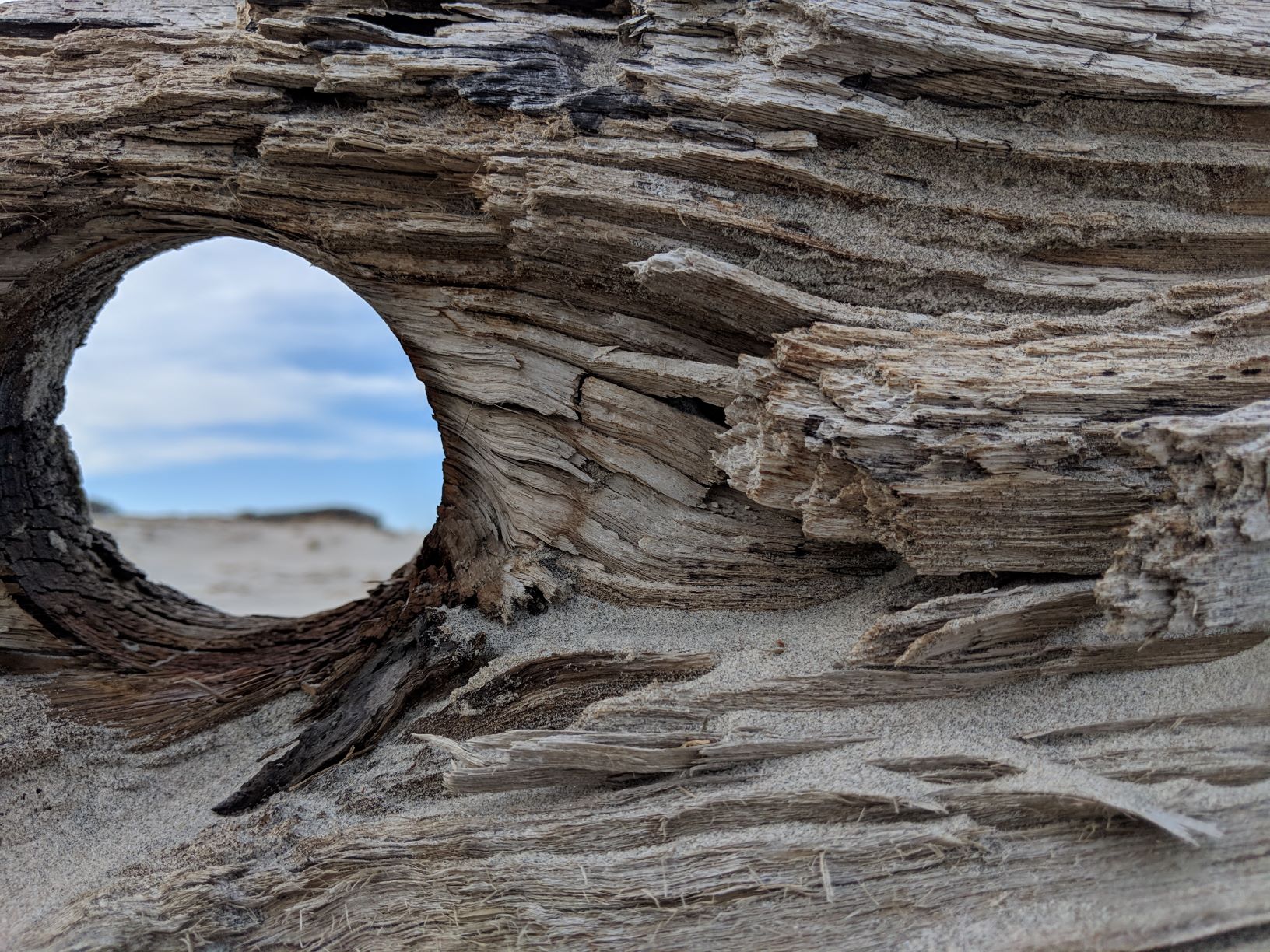The rich dirt still gives the way it usually does–a slight resistance before the earth yields to my finger, poking a hole into the garden ground again. I’ve done it thousands and thousands of times, and each time brings me joy.

We eat from the garden–last night it was frozen tomatoes and fresh basil. (The basil is under lights in the basement, sitting in pots filled with dirt from the garden, which will be returned to the garden.)
Decent dirt has a heady aroma, difficult to describe if you do not pay attention to dirt, but a smell any gardener will tell you is enough to get us on our knees. Soil is complex, it is alive, and it is grace.

We are in trouble, partly because of a virus too new for us to handle, mostly because we’ve forgotten we come from the garden. The story of Adam and Eve (and it is, of course, an old story, told by humans about humans) is a cautionary tale for our times.
We fool ourselves into thinking we can control the garden–our “economy” is based on consumption, on lifeless dirt fertilized with synthetic chemicals produced in a furnace in a process invented by the same man who developed chlorine gas for warfare.
Heaven is found not in the empty sky but in the teeming loam under our feet. If we remembered where we come from, we would not be dumping milk down the drain and crushing tons of beans for mulch as suddenly destitute families face hunger and empty shelves.

A couple of days ago the peas I dropped into the holes my fingers poked into the ground (I did nothing more than that) broke through the earth. The leaves are headed heavenward, but so are the roots. The earth, the air, the rain, and the light will coalesce to form more peas.
I can eat the peas, I can sell them, I can let them fall to waste, but what I cannot do is make them. I pray a lot in the garden, sometimes out of desperation on a bad day, but in recognition of grace on the good days.
And bad days are rare in the garden.





